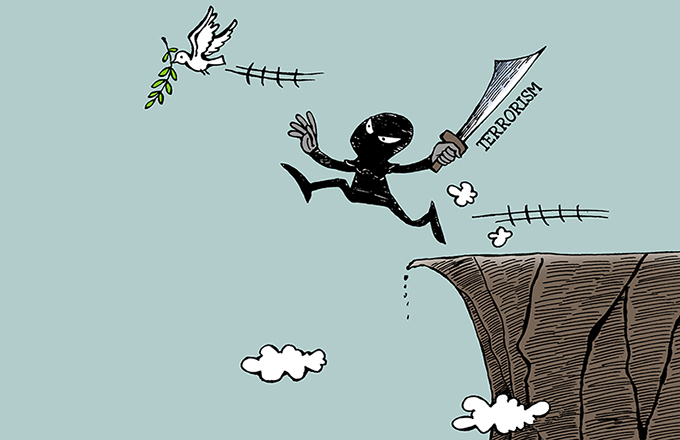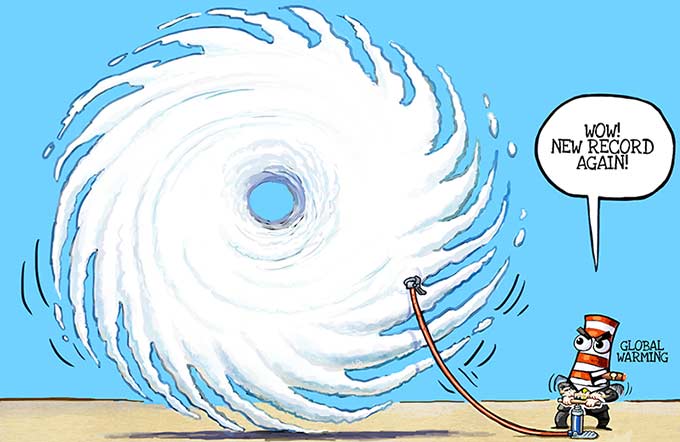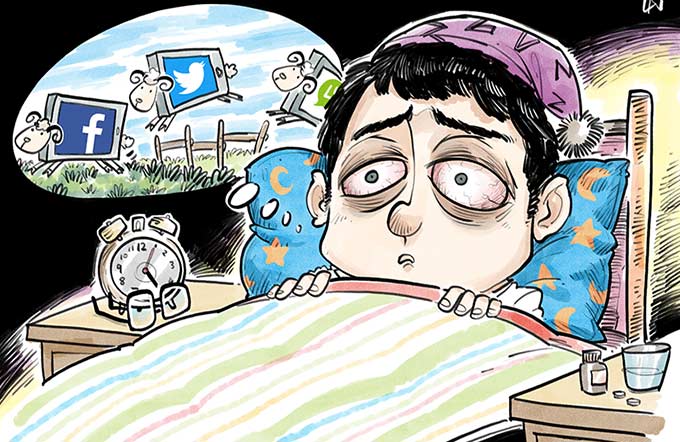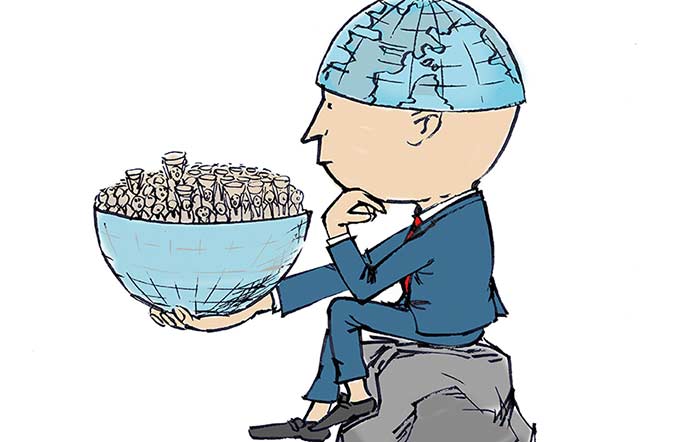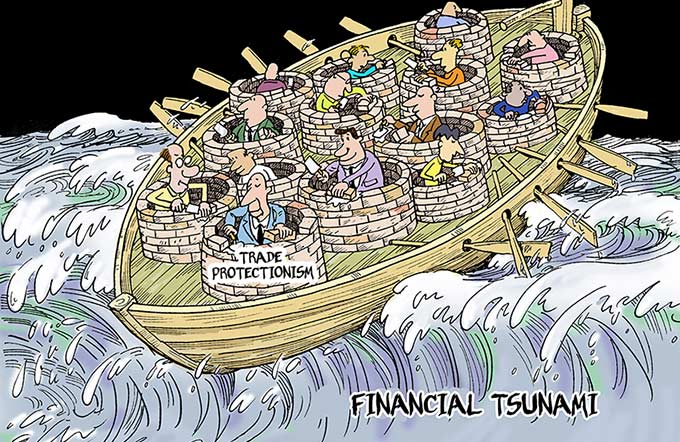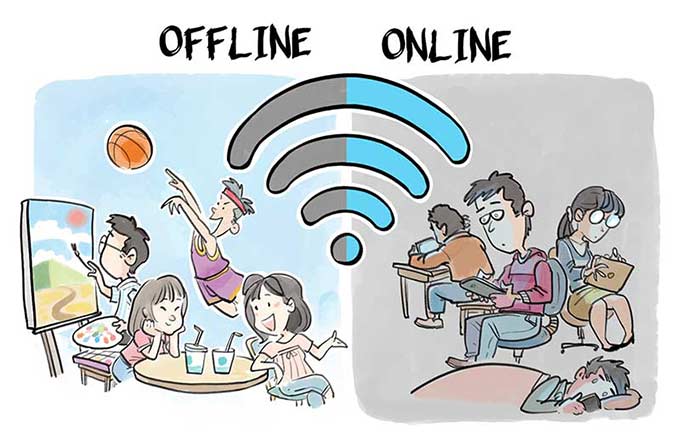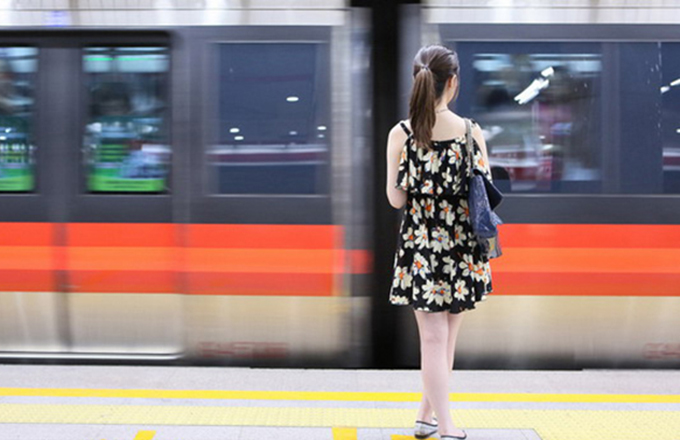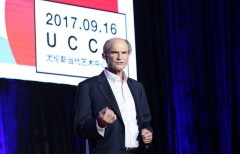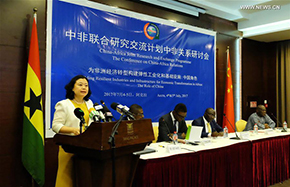Some local govts creating problems in their bids to meet poverty deadline
 |
|
A farmer harvests chrysanthemum flowers in Xiuning, Anhui province, on October 14. Many farmers have increased their incomes by growing the flowers, which are used in herbal medicine. [Photo/China Daily] |
WITH LESS THAN THREE YEARS TO GO before 2020, the deadline set by the central government for the elimination of poverty nationwide, some grassroot governments have exhausted almost all their funds in their bids to increase the incomes of impoverished families in their jurisdictions so as to ensure no one is left in poverty by 2020. People's Daily comments:
Some local governments offer subsidies in various forms to families that are registered as poverty-stricken ones. The families are expected to use the money to start businesses that can become reliable sources of revenue for them.
However, with various government departments offering them money, some impoverished families just stay at home doing nothing while awaiting the arrival of new funds.
This undesirable state of affairs has also led to the resentment of those families that are not registered as impoverished but struggling slightly above the poverty line. These poor families, whose numbers exceed the number of the poverty-stricken families in some places, are excluded from the generous government assistance program.
In other words, some local governments' poverty alleviation efforts target the deadline rather than poverty, as a result they have created new income gaps in villages, sparked jealousy and neighborhood frictions, and encouraged laziness instead of hard work.
The central authorities should establish an assessment mechanism to evaluate local governments 'performance in poverty relief efforts, so as to avoid the aforementioned problems.
Boosting the incomes of families living in poverty with local government funds just so the 2020 deadline can be met may mean the recipients slip back into poverty when governments no longer provide financial assistance.
The misuse and graft long associated with the distribution of poverty alleviation funds have been effectively checked because of strict supervision. But simply giving impoverished families large sums of money in a short period of time is a sort of dereliction of duty.
The year 2020 by no means marks the end of the government's poverty alleviation efforts, which have never been a once-and-for-all effort. Extreme poverty may be a thing of the past. But the comparative poverty caused by unfairness in the allocation of public resources will be another big challenge to good governance.




